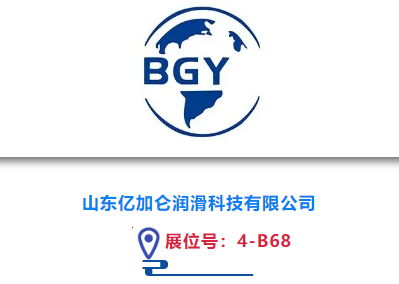UK: Based on figures to date, BSRIA, the UK-based market consultancy, predicts the global air conditioning market will achieve a 4% growth this year, reaching US$115.8bn.
While sales across all product segments are reported to have increased, splits were the main category driving growth, expanding slightly above the average 4%, with chillers and rooftop units showing a more modest growth under 3% in value terms.
The Americas was the largest contributor to global growth, expanding above the world average 5%, followed by the MEIA region 4.5%, while both Asia Pacific and Europe saw their markets rising below average 4% and 3% respectively.
In the Americas, Brazil and the USA were the main contributors to growth, rising 7% and 6% by value, respectively. Sales in the USA were boosted by demand from the residential sector, contrasting with a much modest growth in non-residential applications. The opposite situation was witnessed in Argentina and Mexico, both affected by their struggling economies; including currency depreciation, rising interest rates and sharply declining construction activity.
Slowdown in China
Asia Pacific, which accounts for more than 50% of the global market, showed varying degrees of growth. The exception is Australia, which is expected to see a further decline in 2019 by 2% in volume terms, affected by a considerable drop in the residential segment due to changes in laws and stricter lending regulations. Growth in China, the world largest AC market, slowed down to 4% from 9% in 2018. This was mainly due to a slowdown in the single split market.
By contrast, the Philippines market is expected to grow by 14%, following a 9% expansion in 2018. Despite being a very mature market, AC sales in Japan rose close to the regional average 4% by value, with the market being driven by demand for splits and chillers with sales being boosted by the Olympics and the Rugby World Cup. South Korea, the third largest market in the region, is expected to grow below the regional average 2.7% overall by value, with mild progress in the AC residential segment
Italy and France up 12%
The European AC market is expected to grow by 3.4% in 2019 in value, with all the countries in the region performing in a positive way, except for Turkey and the UK. The two largest AC markets in Europe, Italy and France, are reported to be showing a remarkable expansion of 12%, while Spain and Germany progressed broadly in line with the regional average.
In Italy the market continued to be driven and dominated by single and multi-splits sales, resulting from its large residential market.
In France, in addition to hot weather conditions, a growing new-build residential market, the uptake of R32, and the need to replace the large installed base of electric radiators and old AC units, are said to have boosted split sales by 15%.
Turkey and, to a lesser extent, the UK are described as the counterpoint to an otherwise healthy performance of the AC markets in Europe. The Turkish market is being affected by elections, military and political conflicts, all of which affected the Turkish lira and boosted inflation.
In the UK, despite slowdown in construction building permits, the splits and VRF market are reported to have proved more resilient than had been hoped in what BSRIA describes as “the current poor economic environment”. The residential sector is now reported to be driving sales of multi splits which are installed as a cheaper alternative to mini VRF, but the chiller market is slowly falling by volume. The commercial office market is reported to be performing poorly and sales to hotels are not as strong as they were. The overall splits market is expected to grow by around 4% by volume, whereas the chillers market is expected to show a decline of around 3% this year.
Middle East underperforming
One of the largest AC markets in the Middle East, Saudi Arabia, is expected to grow by volume around 2% but to contract by 3% in value, while the UAE market remains flat. In Saudi Arabia the chiller market has been underperforming for several years and is currently affected by a lack of large private and public projects and a subdued construction sector. A similar situation occurs in UAE, where fluctuating oil prices affected government revenues, triggering a reduction in government spending and investment, impacting also on the construction sector. Splits sales remained flat while chiller sales dropped by 2% in volume.
India is reported to be showing a remarkable performance. BSRIA expects India to join the leading group of nations in terms of the number of AC units installed, with a rapidly expanding demand resulting a growing middle-class, increasing urbanisation rates and rising temperatures. Sales of splits are expected to rise by almost 10% this year, while the chiller market also expected to close the year with an increase of 7% by volume with industry, hospitality and transport infrastructure all being major factors.





















